Search
News & Events
Aboriginal researchers achieve milestoneThe first Capacity Building Grant comprising solely of Indigenous researchers has been completed successfully
Research
Hot weather, maternal health, and pregnancy experiences, impacts and responses: A systematic review of global qualitative researchExtreme heat exposure is a major global public health threat that is affecting people across the life course, including the pregnancy period. Studies have linked extreme heat with adverse pregnancy and newborn health outcomes globally.
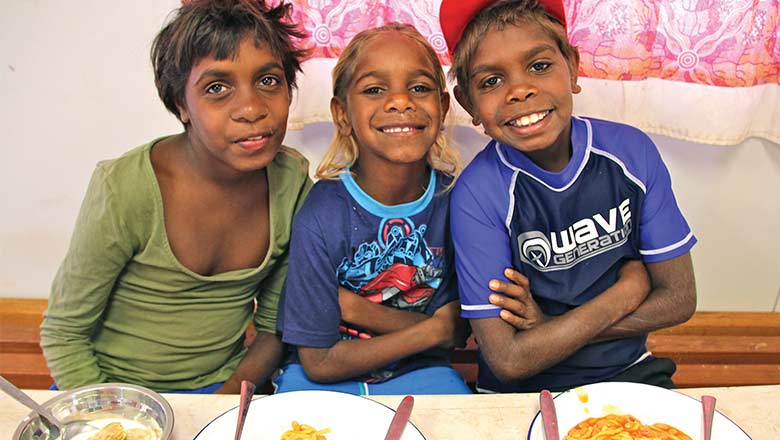
News & Events
Not just a breakfast programA good healthy breakfast is not just a vital foundation for a productive day but can lay the groundwork for a community to pull together to overhaul its health.
Research
Achieving cultural safety in genetic counseling for Aboriginal and Torres Strait Islander people in AustraliaGlobally, Indigenous people, including Aboriginal and Torres Strait Islander people in Australia, experience significantly poorer health outcomes than their non-Indigenous counterparts. In part, this can be attributed to the ongoing impacts of colonization, marginalization, and systemic discrimination. In the genomic healthcare era, Indigenous people remain underrepresented in public genetic health services, raising concerns about cultural competency and inclusivity within the genetic counseling profession.
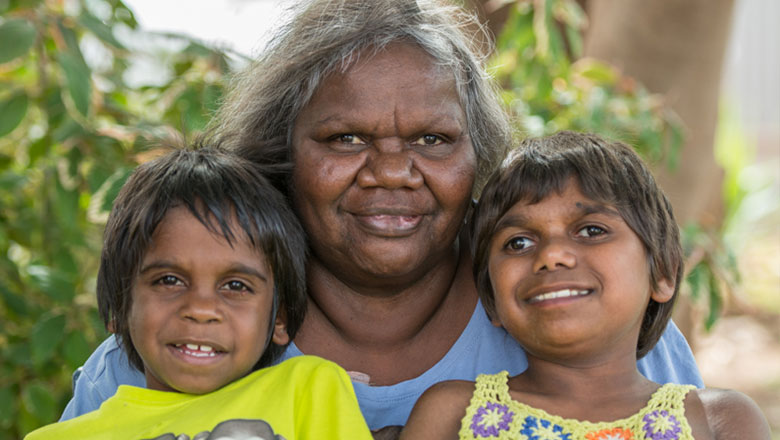
News & Events
Exploring resilience as a pathway to Aboriginal young people's healthCan resilience improve health outcomes in Aboriginal young people? That question will be explored by The Kids Research Institute Australia researcher Clair Scrine.
Research
Longitudinal surveillance of group A streptococcal pharyngitis and impetigo in remote Western Australian school children informs acute rheumatic fever preventionThe prevalence of impetigo and pharyngitis - which are both superficial group A streptococcus (GAS) infections that precede acute rheumatic fever - is poorly defined. Guidelines recommend the early diagnosis of both infections to prevent ARF; however, screening to enable the concurrent detection of these infections in high-risk populations has rarely been performed.
Research
Prevalence of youth type 2 diabetes in global Indigenous populations: a systematic reviewWe aimed to synthesise global prevalence estimates of type 2 diabetes among Indigenous youth aged under 25 years, and examine age- and gender-specific differences and secular trends.

News & Events
Folate success helps Aboriginal kidsMore than 30 years of research into the links between folate and neural tube defects has paid off for The Kids Research Institute Australia researcher Professor Carol Bower.
Research
Approaches that support Indigenous children and families in the transition to school: A systematic reviewThe early years are critical for lifelong wellbeing, with transition to formal school a key period for development. For Indigenous children, this transition provides opportunities to build on cultural strengths and belonging. However, many children face systemic barriers that impact their transition experiences, highlighting a need for culturally safe programs that support Indigenous families during this significant time.
Research
“You can't heal yourself in that setting and you wouldn't expect other people in this country to”: Yarning about housing and environmental health in remote Aboriginal communitiesRemote Aboriginal communities in Australia are located on traditional lands holding deep cultural significance and meaning for residents. However, systemic inequity rooted in colonisation has driven persistent housing and health disparities, with inadequate environmental health conditions within homes and communities a prominent example.
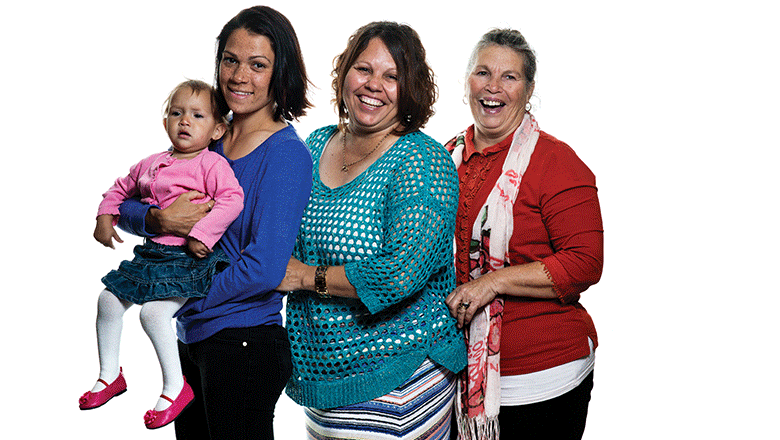
News & Events
New study to investigate maternity provision for Aboriginal womenA multi-faceted study led by a Murdoch University researcher will influence the way maternity services support Aboriginal women in WA during pregnancy and birth
Research
‘Mob want to see mob’: Aboriginal and Torres Strait Islander young peoples’ perspective on accessing primary health care services in urban southeast QueenslandThis study examines the enablers and barriers to accessing primary health care services from the perspective of Aboriginal and Torres Strait Islander people aged 15-24 years in urban southeast Queensland.
Research
Koolungar (Children) Moorditj (Strong) Healthy Skin Project Part II: Skin Health in Urban-Living Australian Aboriginal ChildrenAlthough essential for overall health and wellbeing, little is known about skin health in urban-living Australian Aboriginal children. This co-designed, research-service project aimed to describe skin health and document skin disease frequency in urban-living Aboriginal children and young people in Western Australia and investigate housing associations for skin infections.
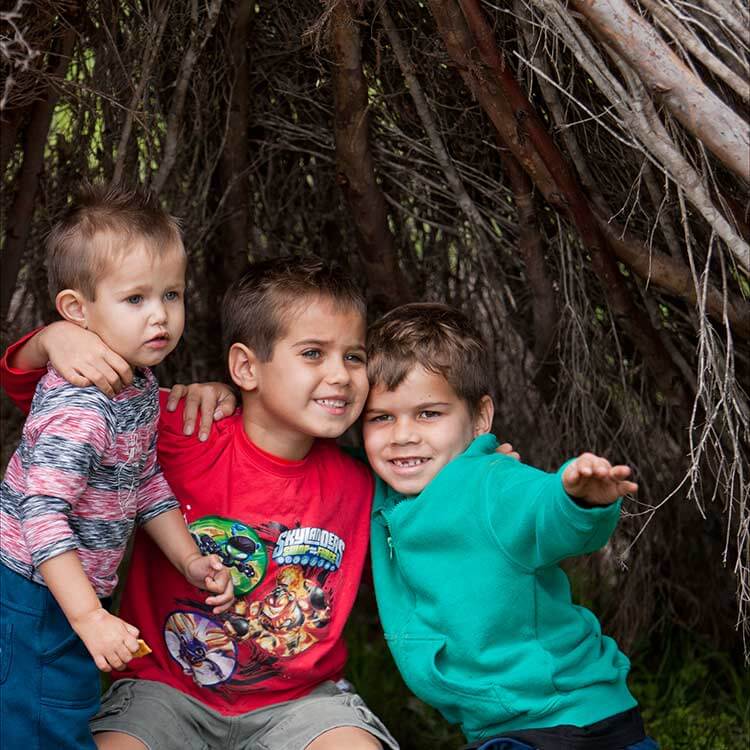
News & Events
Study shows the value of positive friends for Aboriginal kidsA new study has found that having a friend with good social skills and a supportive family may make a critical difference to the resilience of Aboriginal youth
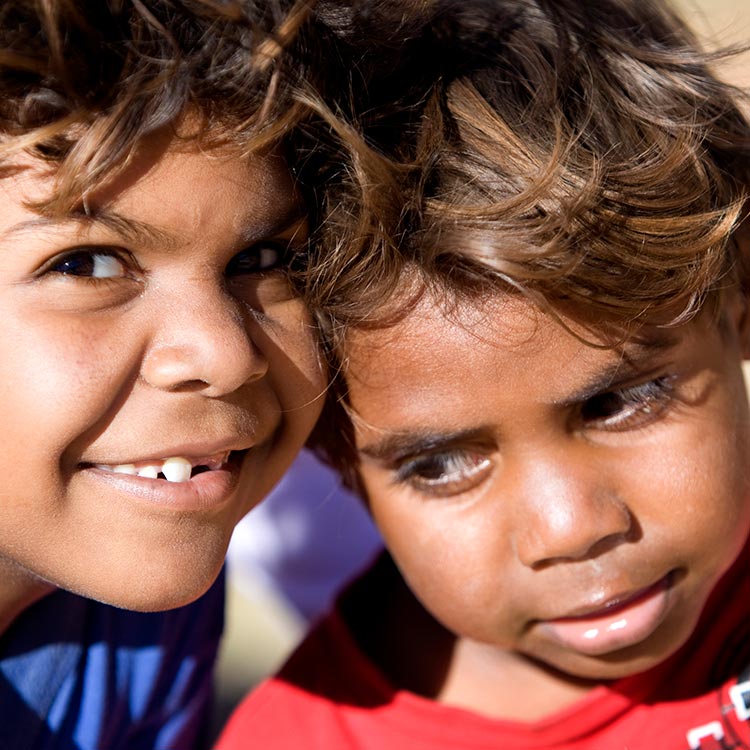
News & Events
Program review highlights strategies for improving Aboriginal mental healthNationwide review looking at effective mental health strategies for Aboriginal and Torres Strait Islander people
News & Events
National Indigenous Immunisation Research WorkshopYou are invited to register to attend the National Indigenous Immunisation Research Workshop 2013: lessons learnt and future directions Workshop.
News & Events
Experts gather for Aboriginal Immunisation WorkshopExperts in Aboriginal infectious disease research are in Perth this week for the National Indigenous Immunisation Research Workshop (November 7-8).
News & Events
Empowering Aboriginal communities the key to suicide preventionA comprehensive research report into the high rates of suicide in the Kimberley has called for a major change
News & Events
Aboriginal Health Researchers Win Major Discovery Grantsesearchers from Perth's Centre for Research Excellence in Aboriginal Health and Wellbeing have won more than $1.3 million in competitive funding
